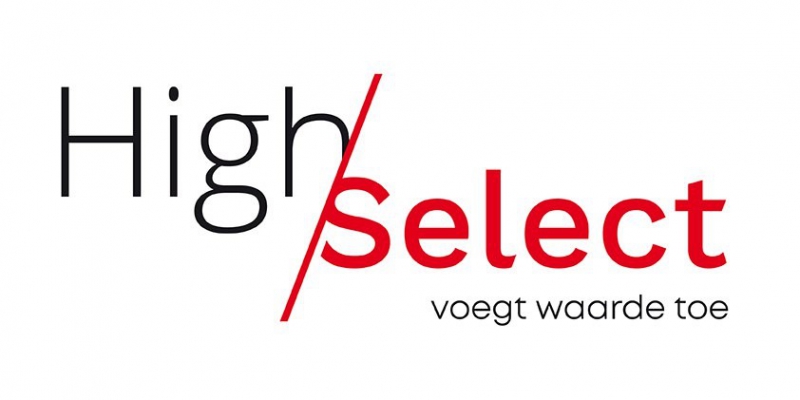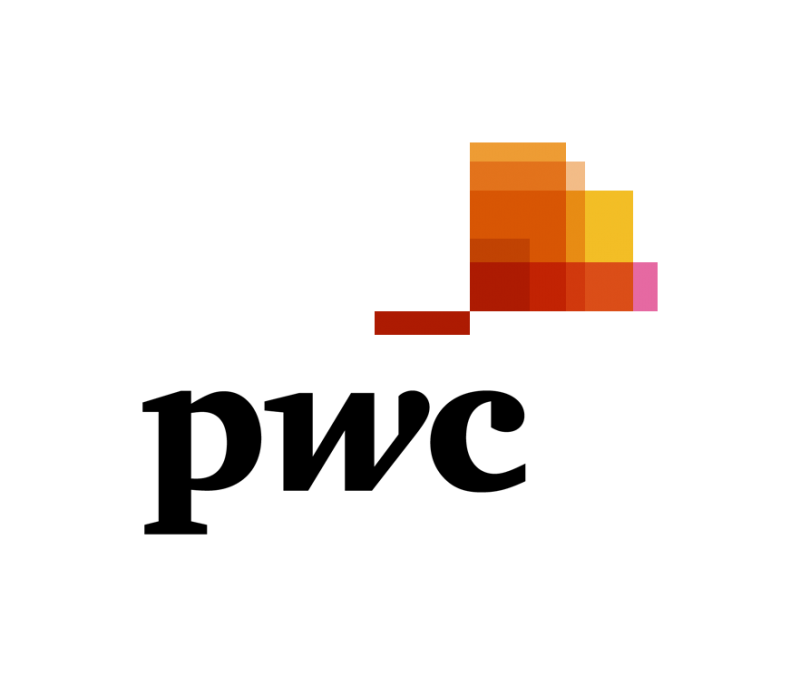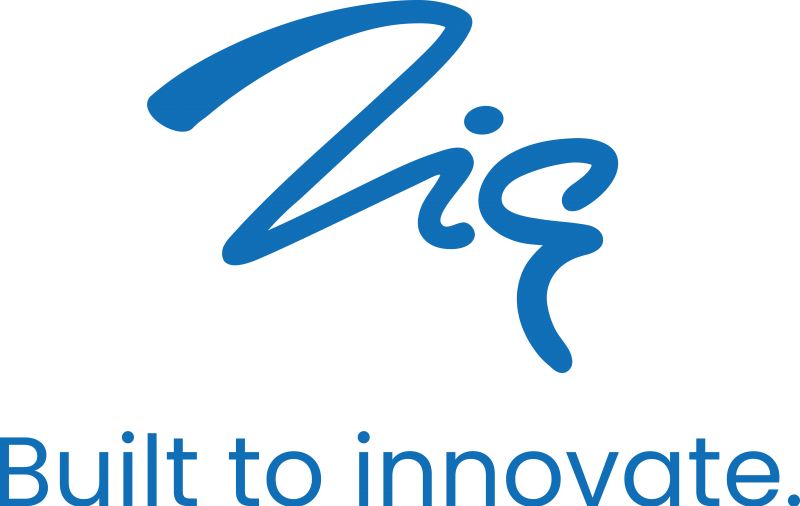On Wednesday the 16th of March during the lunchbreak, the second edition of the Business Administration Reflection Time (B.A.R.T.) of the academic year 2021-2022 took place.
In total, sixteen students and ten staff members joined discussion about the following three statements:
- Next to exams, every course should have a second type of examination, like a paper, presentation or a case.
Summary of the discussions: Each course in the bachelor’s programme should not have a second type of assessment. It does not balance the workload since students still have to pass the exam at the end of each course with a minimum of a 5.5, and it even adds extra stress for students as well as teachers. The usefulness of extra forms of assessment with regard to developing professional and academic skills was recognised, but developing these skills should not come at course-level, but throughout the whole programme. This does not mean that the frequency or forms of assessment should be decreased, but they should not be increased either. It should rather be revised how all these forms of assessment occur or reoccur throughout the whole programme.
- It is good for the quality of the master’s programme that students with different prior education (bachelor’s, pre-master’s) can participate and that pre-master students are just as successful in the master’s course as bachelor-students.
Summary of the discussion: The different educational backgrounds of students during the master's is seen as something valuable, yet its influence can be considered questionable. Namely, sometimes this does cause small inconveniences, therefore further research on this topic is deemed necessary.
- The advice to have a break during a lecture should be better respected.
Summary of the discussions: The discussion about the breaks led to a lively discussion about the breaks during lectures. Teachers as well as students would like more clarity when breaks are and how long they should take. Statement 1: Next to exams, every course should have a second type of assessment, like a paper, presentation or a case. During the discussion rounds about the extra form of assessment for every course it quickly was a consensus that not every course would benefit from such an extra assignment. This opinion was shared by both the students and the teachers, although both groups had varying reasons and perspectives on the matter. One factor that was mentioned for both groups however was the workload. Students mentioned the tendency of workload to pile up at the end of the course when it has an extra assignment. Teachers on the other hand mentioned that courses with a large number of students would struggle to review all the extra assignments, cases or presentations. Students furthermore mentioned that having an extra assignment does not take the stress away from the exam. This is due to the fact that the exam must still be scored 5.5 or higher in order to pass the course, a condition that must either way be fulfilled according to both students and teachers. The usefulness of these other forms of assessment was however recognised during all discussions on the subject. These assignments, presentations or reports were seen as a crucial part of the course. Some of the teaches pointed out the extra assignment is especially useful if it can be fitted to the course objectives. If a course would really benefit from an extra form of assessment, they should play an important part in the course. Additionally, development of professional skills should not be something that should be implemented in each course, but rather is implemented throughout the whole programme. It is important that this is coordinated in the future as well as it is now, but can be paid a little more attention to. Statement 2: It is good for the quality of the master’s programme that students with different prior education (bachelor’s, pre-master’s) can participate and that pre-master students are just as successful in the master’s course as bachelor-students. Both students and teachers have experienced that groups of students with similar educational backgrounds prefer to work together. This is something that should be avoided, because students can learn a lot from each other through different insights and perspectives because of their different educational backgrounds. An important addition to this is that students should not be pigeonholed based on their educational background. Differences, for example in motivation, can often be found on a personal level. Students who do the pre-master's should be at the same level as students from the bachelor's when they start a master. If this is not the case, it should be examined whether the curriculum of the pre-master should be adjusted. To determine this, (former) pre-master students could be asked about their knowledge/skills before starting the pre-master and their expectations of the pre-master. Subsequently, they could be asked how they experienced the transition to the master's. A lecturer indicated that during master's courses lecturers sometimes refer back to the bachelor. This puts pre-master students one step behind. In addition, students from HBO sometimes have difficulty with English literature, using APA and writing a master's thesis. The latter may be due to the lack of experience in writing a bachelor's thesis. Therefore, a suggestion might be to have pre-master's students from HBO write a bachelor's thesis in a group. This contributes to the experience of doing research, reading English literature and working with APA. Another suggestion would be to do research on whether there are actual differences in performance levels between master's students coming from the bachelor's and the pre-master's. This could be done on the basis of educational background and obtained grades. However, it is not only about the numerical performance of students, but mainly about the perception that students have towards each other that makes students prefer to work with students with the same educational background. Statement 3: The advice to have a break during a lecture should be better respected Overall students as well as teachers agree on the subject that there should be a break somewhere within the lecture or the workgroup. Although opinions vary depending on what the break would look like. As for some people a break at the end, which would mean that the lecture ends earlier, seems favourable. Other people prefer a break in the middle, which means fifteen minutes to grab a coffee and stretch your legs. Ending earlier gives students the opportunity to take one train earlier and get home in time for dinner, or makes it easier to attend a sports training session. On the other hand, breaks in the middle of the lecture give students the possibility to be more “awake” during the last half of the lecture, thus improving the quality of the education, because the students can remember more of what has been told during the lecture. The biggest difference amongst teachers is the fact that there is an unspoken rule of giving a fifteen minute break during a lecture. For the older teachers it is a very well-known rule and thus implemented as often as possible, but the newer and especially the international teachers do not know of this rule and thus barely implement this break. Another stance of the teachers is that for a teacher it is not easily noticeable when students doze off, so if there is no one commenting on the time or asking for a break there probably will not be one. Teachers do mention that they see that breaks are important though, due to the fact that they themselves notice that students tend to do other things at the end of the lecture. Students on the other hand think it is very important to refresh their minds, either through some food, something to drink or a stroll. This way they are able to concentrate throughout the whole lecture. They also note that if a lecture can be done in an hour, they would prefer going home earlier. Many students need the break during the lecture for another reason too, because when students meet it is usually during breaks (lunch break for instance 12:15 - 13:30).













.png)












